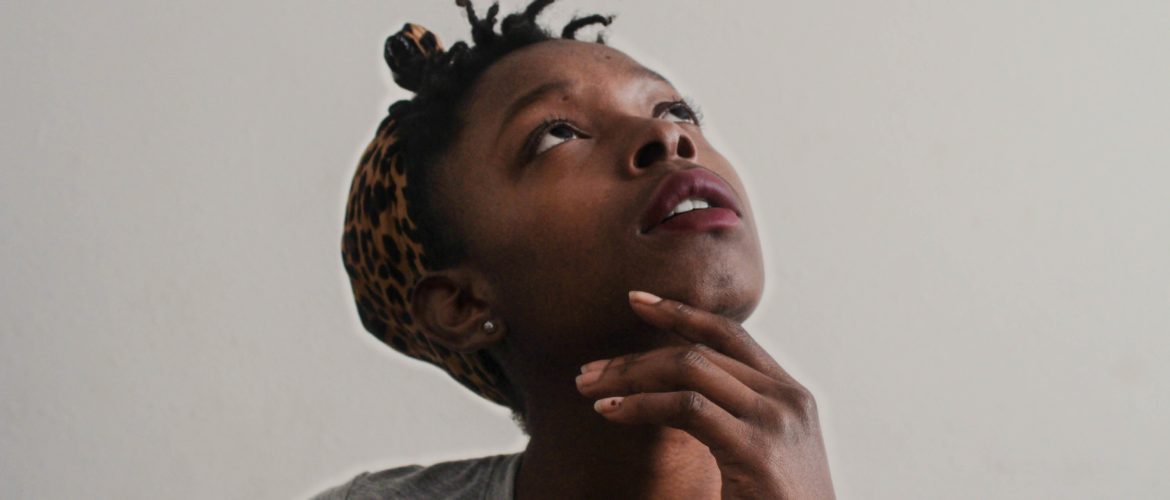There’s more than one way to speak kreyòl.
But then, you knew that already, didn’t you? There’s more than one way to speak any language. Think of all the different ways people speak English — with accents, with local slang, with different levels of vocabulary. After hearing someone speak for the first time, you can usually tell a good bit about where they’re from and what their education level is.
Well, the same goes for kreyòl.
I learned kreyòl because I wanted to be able to communicate better with my Haitian family members. But when I started trying to practice with my mother, she laughed and said, “Pouki sa w’ap pale kreyòl rek sa a?” “Why are you speaking that kreyòl rek?”
“What is kreyòl rek?” I asked.
“You’re talking like a peasant,” my mom said. “You sound like you live in a hut out in the countryside somewhere. Your family would laugh and laugh if they could hear you.”
I hadn’t realized until that moment how important the different distinctions of Haitian Kreyòl are. To put them into two general blocs, there’s kreyòl rek, or “rough kreyòl” and kreyòl swa, or “smooth kreyòl.”
Kreyòl rek – pure kreyòl, very different from French in pronunciation and grammar.
Example: Nou bezwen bati plis kay isit.
We need to build more houses here.
Kreyòl swa – kreyòl spoken with a French accent and with French words mixed in.
Example: Gen bezwen pou bati plis maisons isit.
Same meaning, but expressed in a way that is grammatically closer to French and with the French word for houses, “maisons,” taking the place of the kreyòl word “kay.”
My mother and her family are from Port-au-Prince and most of them are college-educated and bilingual. So amongst themselves they speak kreyòl swa, a combination of Haitian Kreyòl and French. That’s why she was surprised when I started speaking the pure kreyòl that we learn here at HaitiHub.
So the question when learning kreyòl is, with whom do you want to communicate?
Maybe for me to be able to talk with my family without getting strange looks I should pick up some kreyòl swa. But what good would that “Frenchified” kreyòl be if I wanted to ask natural disaster victims in the countryside about their needs? In that situation pure kreyòl would definitely be more useful!
As a bonus, 100% of Haitians understand kreyòl rek, educated and non-educated alike. (This is not true of kreyòl swa, since the vast majority of Haitians don’t speak French). So when you learn through HaitiHub, you’re equipping yourself to communicate with all Haitians, no matter what their background. Bon bagay!
Written by Megan Pearson on September 22, 2017

